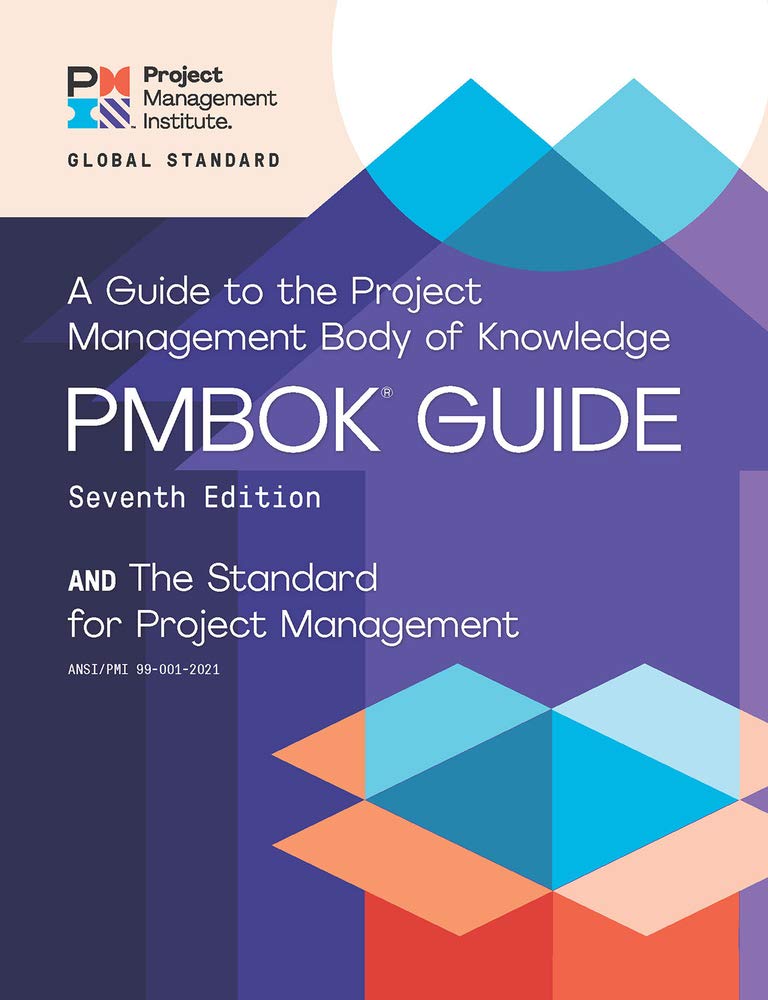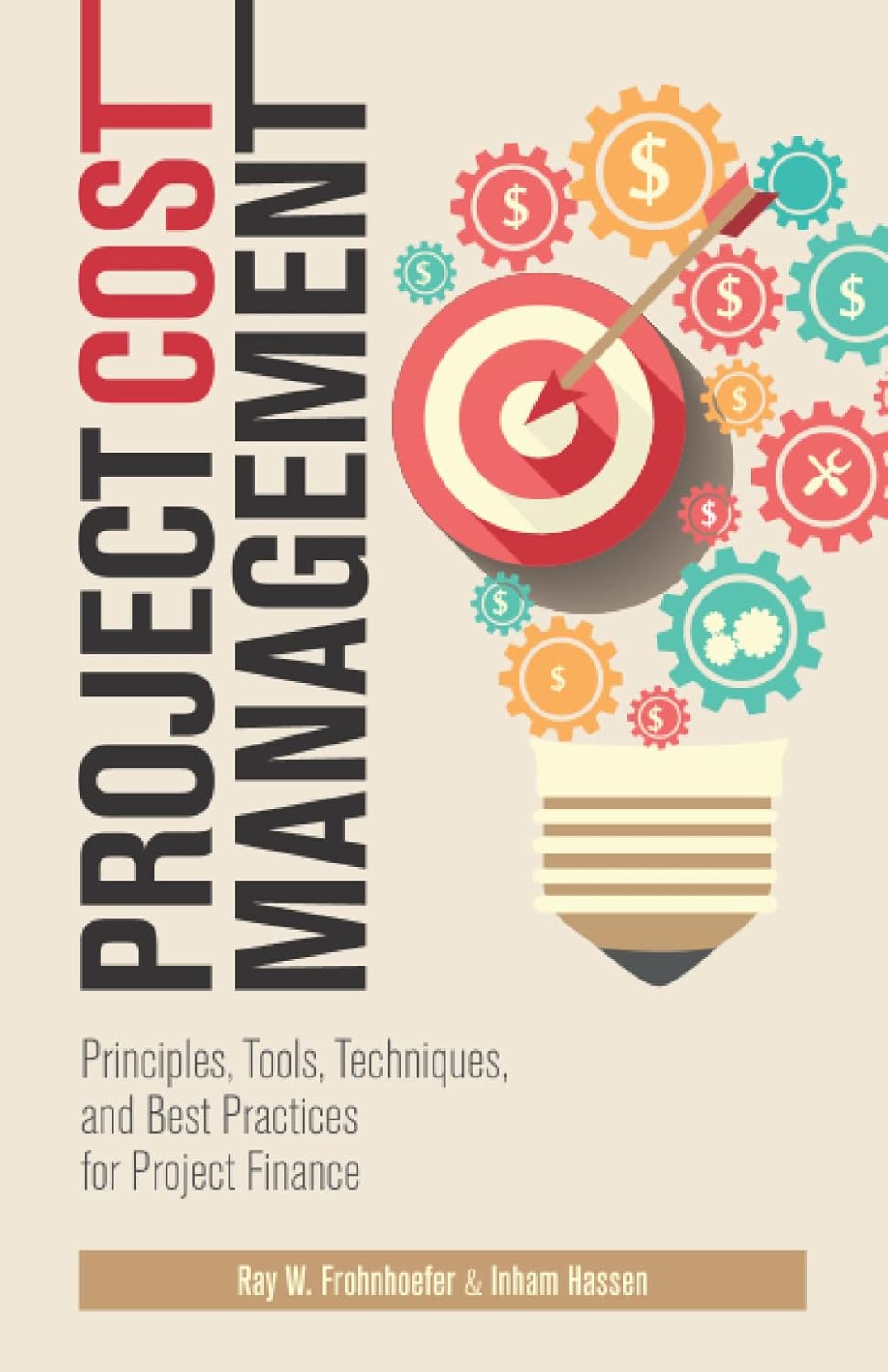
Project Cost Management
What is Project Cost Management?
Project cost management is the process of planning, estimating, budgeting, financing, funding, managing, and controlling costs to ensure a project is completed within the approved budget. It involves tracking all expenses and financial resources related to a project throughout its life cycle. The primary objective is to prevent cost overruns while maintaining the quality and scope of the work. This process applies to projects of all sizes and types and is a core area of project management defined in the Project Management Body of Knowledge (PMBOK).
Effective cost management allows project managers to make informed financial decisions, identify potential risks early, and ensure that project objectives align with business goals. It typically includes three key stages: cost estimating, cost budgeting, and cost control. These activities work together to help teams manage resources effectively and keep stakeholders informed.
Key Points
- Project cost management helps keep projects financially viable and within budget.
- It consists of estimating costs, determining budgets, and controlling project expenses.
- Accurate cost data enhances forecasting and facilitates informed decision-making.
- Regular cost tracking helps identify and correct financial deviations early.
- This process supports stakeholder confidence by promoting transparency and accountability.
Related Terms
- Cost estimating is the process of predicting the financial resources needed for a project’s tasks and deliverables.
- Budgeting involves aggregating estimated costs into a baseline that guides project spending and allocation.
- Cost control refers to the monitoring and regulation of expenditures to ensure they stay within the approved budget.
- Earned value management is a method that combines cost, schedule, and scope data to assess project performance.
- Project scope management ensures that project teams include only approved work, which helps manage costs effectively and efficiently.
Project Cost Management: Example
A construction company managing the development of a new office building uses project cost management to guide financial decisions. In the planning phase, the team estimates costs for materials, labour, permits, and equipment. These estimates form the project budget. As the project progresses, the team tracks actual costs against the budget. When material prices rise unexpectedly, the team adjusts the schedule and sourcing plan to stay within budget without sacrificing quality or safety.
Project Cost Management: Best Practices
- Start with detailed and realistic cost estimates based on current market data.
- Develop a clear cost baseline and update it as necessary when changes to the scope occur.
- Use cost management software to monitor real-time spending and forecast trends.
- Communicate regularly with stakeholders about budget status and financial risks.
- Review past project data to improve future cost estimation accuracy.
Additional Resources
Preparing for a PMI certification?
- Exam Prep Courses: PMP®, CAPM®, and PMI-ACP®
- Exam Simulators: PMP®, CAPM®, PMI-ACP®, PMI-PBA®, PMI-RMP®, PMI-SP®, PgMP®, and PfMP®
- Professional Development Units (PDUs): 15, 30, and 60 PDU Bundles




